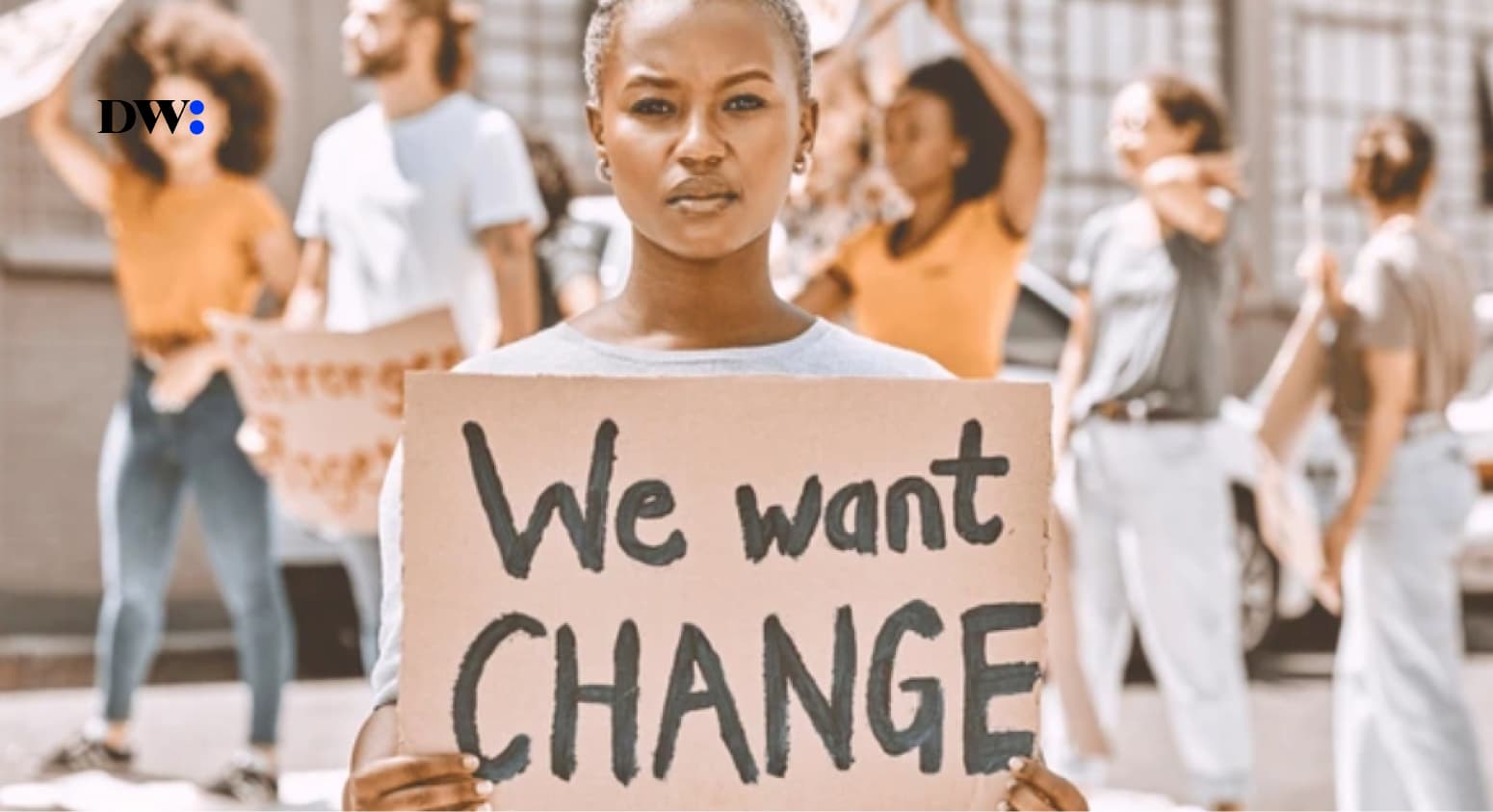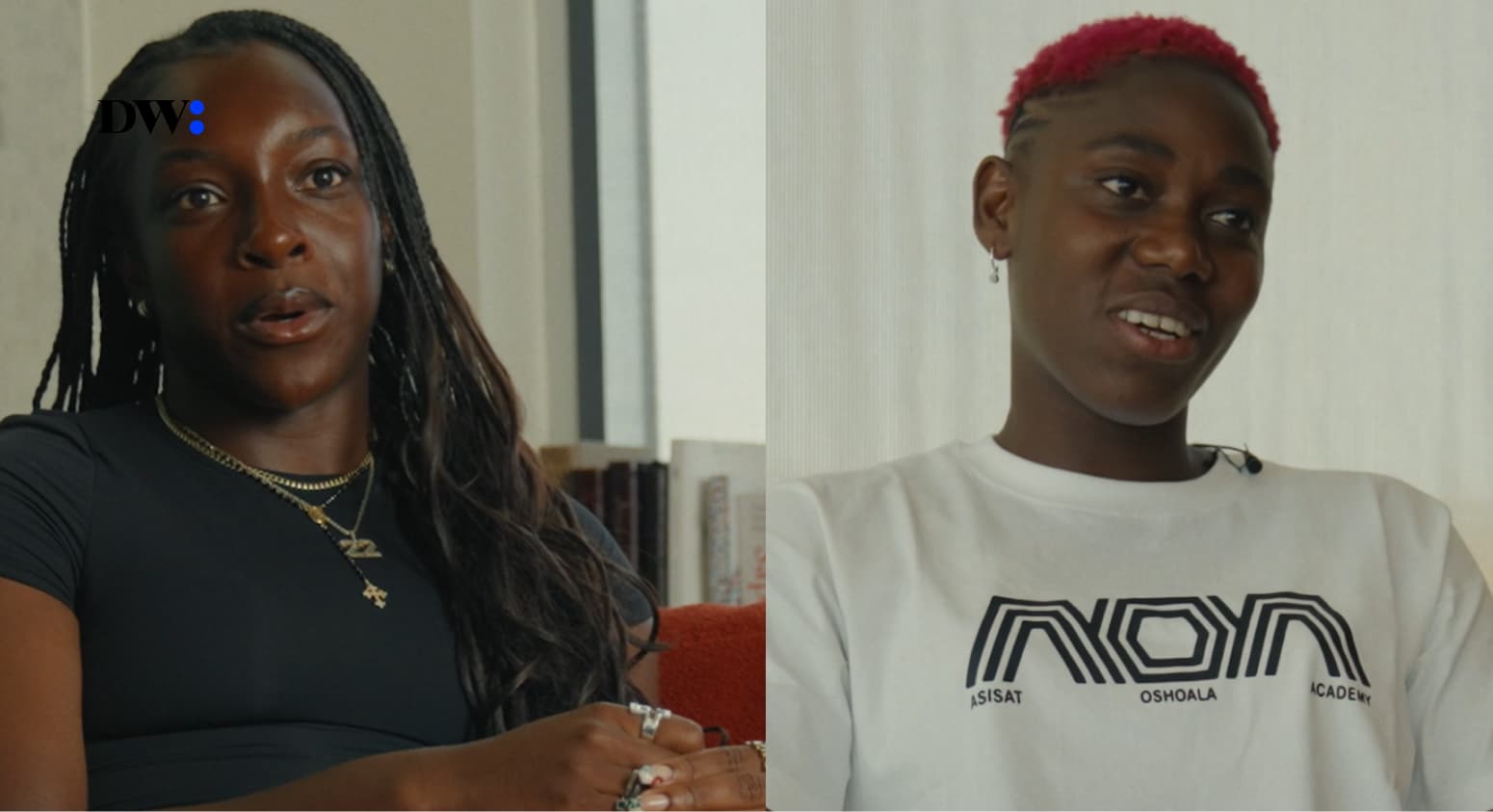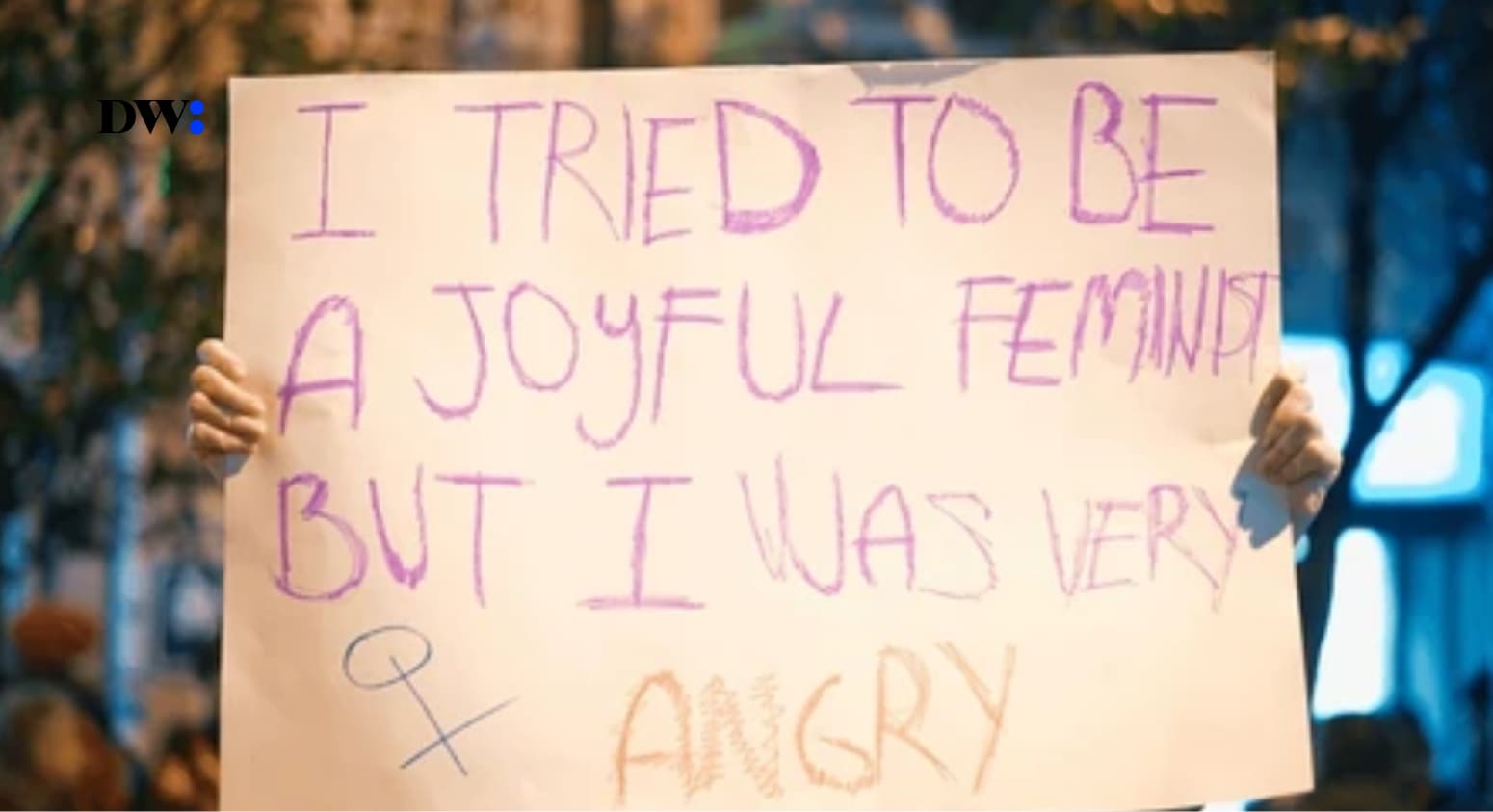“If you see any girl jump from being so slim to getting so fat in a space of 2-4 years, 9 times out of 10, she had an ab0rt!0n(s).” This tweet by Nigerian celebrity Neo, who has over 40,000 followers, has amassed 6.6 million views.
What’s even more disturbing than the tweet itself is the flood of comments beneath it. Men, mostly, egg him on—laughing at what they see as a joke, oblivious to the fact that this “joke” rests on a woman’s body, her choices, and her right to exist without being reduced to false narratives.
In today’s digital age, misinformation spreads faster than ever, and social media platforms amplify these harmful messages. When influencers spread ‘gendered disinformation’ about women’s health, body image, or sexuality, it normalizes the objectification and dehumanization of women. This casual spread of harmful ideas plants seeds of ignorance, growing into prejudice, discrimination, or even violence.
The anonymity and echo chambers of social media embolden users to promote extreme views without accountability. Neo’s tweet is a clear example—where many men, instead of challenging harmful narratives, eagerly contribute their own, turning the conversation into a competition of ignorance.
Sadly, this isn’t just an online issue, the consequences spill into the real world. Repeated exposure to sexist content online can normalize harmful attitudes and increase the likelihood of gender-based violence. When young men consume and engage with misogynistic content, they reinforce dangerous stereotypes about women’s bodies, fueling abuse and discrimination.
Even statements that contain grains of truth can be manipulated into harmful narratives that dominate national discourse. The article discussing how young girls intentionally get pregnant and then seek abortions to achieve a certain aesthetic exemplifies this troubling trend. While there may be isolated cases that hint at such behaviors, the sensational framing transforms these anecdotes into broad generalizations that misrepresent the complexities of women’s choices and health. This distortion not only sensationalizes women’s bodies but also fuels stigma and misinformation, further entrenching dangerous stereotypes.
As a comprehensive sexuality educator, I’ve had boys as young as 14 ask me if girls in their class with larger breasts are prostitutes or promiscuous. At first, it sounds shocking—until you realize they are just parroting the misogynistic beliefs passed down through their communities, families, and, yes, social media influencers. These boys don’t know they’re witnessing puberty, a natural process, not evidence of promiscuity.
This isn’t a minor issue; it’s a pervasive problem that needs to be addressed.
In fact, studies have shown that girls who mature earlier are more likely to face sexual harassment and are viewed as more sexually active, even when they aren’t. A 2017 study found that girls who hit puberty early are at greater risk of sexual abuse and mental health issues due to societal misconceptions around their development.
At the same time, young girls who develop faster face social stigma. Research consistently shows that early-maturing girls are more likely to be labelled as “#FastTailedGirls” or promiscuous. These girls are seen as “fair game,” and their early development is misinterpreted as sexual experience. This loss of innocence makes them more vulnerable to abuse, neglect and harsh judgement by society.
These harmful narratives have upheld and seen the perpetuation of cultural practices like breast ironing, affecting over 3.8 million women globally, according to the United Nations. In regions like Cameroon, about a quarter of adolescent girls have been subjected to breast ironing. In these communities, mothers, out of fear and misguided protection, use tight cloths or heated sticks to flatten their daughters’ breasts.
The rationale? To prevent men from sexualizing them or to avoid the stigma that these girls are promiscuous. This brutal attempt to control the natural process of puberty, driven by deeply ingrained cultural myths, not only physically harms the girls—causing pain, infections, and even the risk of cancer—but psychologically shames them for natural development, embedding a lifelong sense of shame regarding their bodies.
Another misogynistic trope belief stems from the idea that women who have a clitoris are inherently promiscuous. This misconception has contributed to the widespread practice of female genital mutilation (FGM). According to WHO, over 230 million girls and women alive today have undergone FGM, primarily to “control” female sexuality and “protect’ their honor. The physical and psychological trauma caused by FGM has long-lasting consequences, including chronic pain, childbirth complications, and increased risk of infections.
When misogynistic and ignorant comments are made, even as jokes, they have real-world consequences—physically, culturally, and socially. These harmful narratives aren’t harmless banter; they are dangerous threats that shape how women are perceived and treated. When young men suggest that a woman’s body size is evidence of multiple abortions, they reinforce damaging stereotypes about female sexuality.
In many societies, misconceptions about women’s bodies contribute directly to violence, discrimination, and abuse. Believing that a girl’s physical development indicates promiscuity creates the groundwork for mistreatment and dehumanization. Such thinking even contributes to femicide, where women are killed for being seen as “immoral.” The more these harmful ideas circulate, the more young boys and girls internalize them, allowing abuse and ignorance to spread unchecked.
We must do better. Comprehensive sex education, grounded in accurate, evidence-based information, can dismantle these dangerous myths. A UNESCO report highlights how such education reduces harmful gender norms and promotes understanding of puberty, consent, and mutual respect.
That’s why I founded My Body Is Mine (MYBIM), a platform that addresses sexual and reproductive health challenges faced by young people across Africa. Through age-appropriate education and advocacy, we empower youth to make informed decisions about their bodies.
Misogynistic misinformation isn’t a joke. It is a catalyst for abuse and suffering, passed down through generations. What may seem like a casual comment can escalate into cultural practices that harm, violate, and oppress women. Ignorance may be at the root, but with education and awareness, we can uproot these dangerous narratives for good.





